Would surviving a single street fight be as helpful as years of martial arts training?
Do hours on the range translate to increased survival more than competition shooting or even hunting might?
Recently, I watched a self-defense competition that had me thinking about my own experiences.
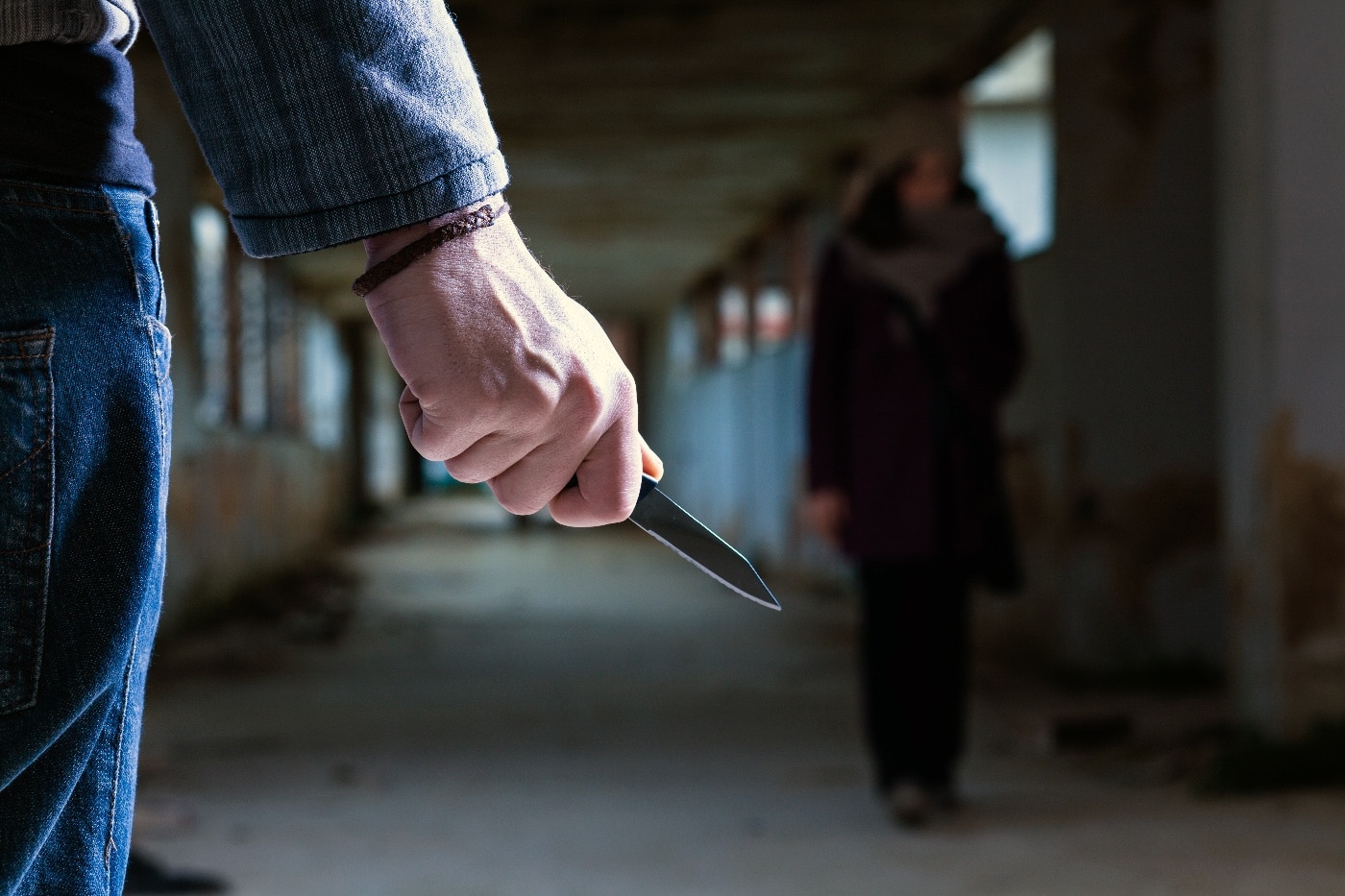
A sudden assault tests one’s instinct and reaction time. For many, the outcome depends as much on experience as it does on formal training.
Ultimate Self-Defense Championship
My son and I recently watched the second season ofUltimate Self-Defense Championship.
There are no static tests such as how hard someone can kick.
Throughout the competition, one thing was clear to me: experience trumps training.
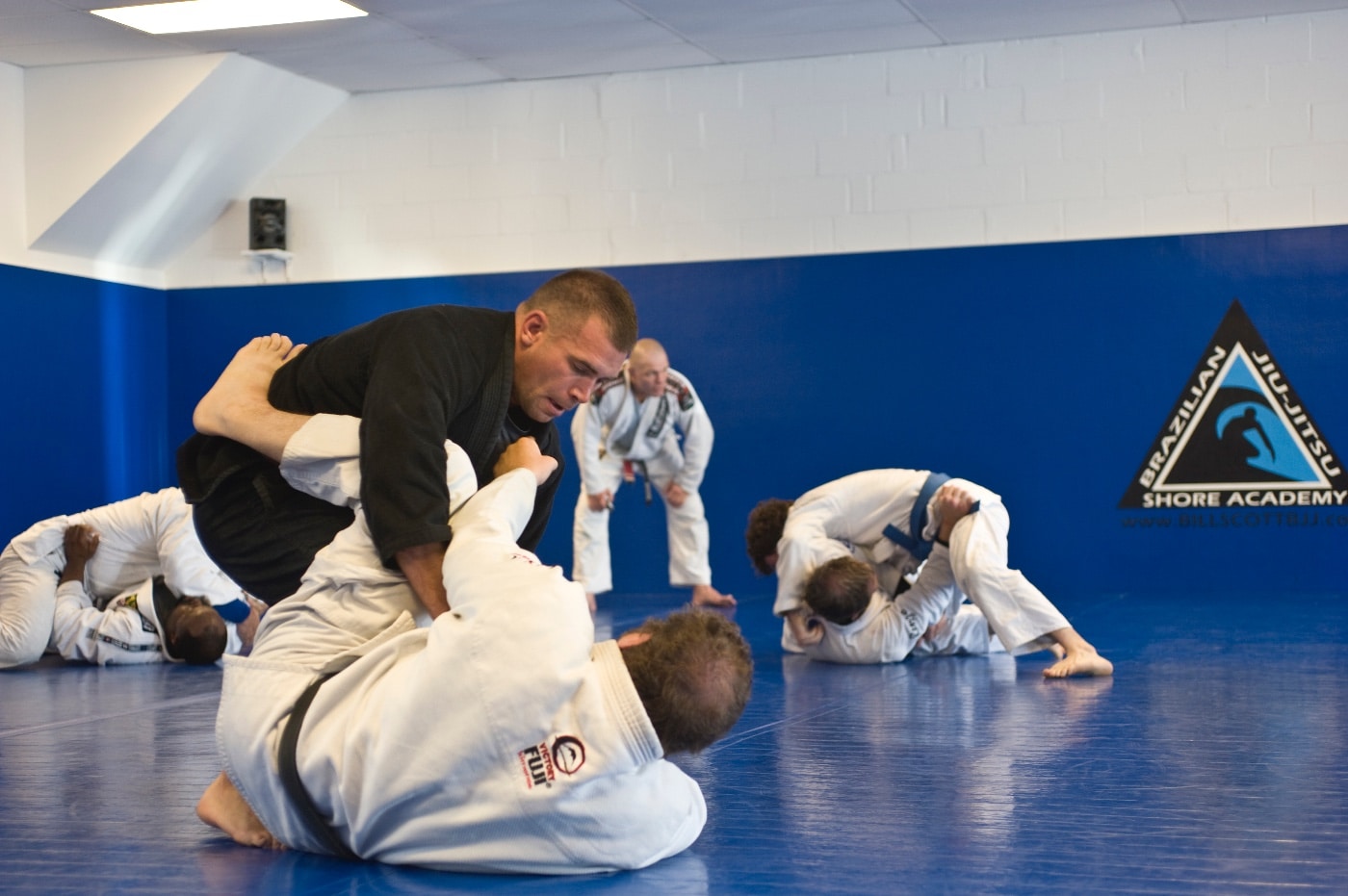
Brazilian Jiu-Jitsu and other martial arts that involve sparring are possibly more effective at preparing one for self-defense. Image: Petty Officer 2nd Class Jetta H. Disco/U.S. Coast Guard
A self-described regular Aussie bloke, Hunter said he only has a little dabbling in martial arts.
This made him the odd man out in a group of competitors with extensive training.
A truck driver and former carpenter, Hunter stated Youll find 10 of me in most pubs.
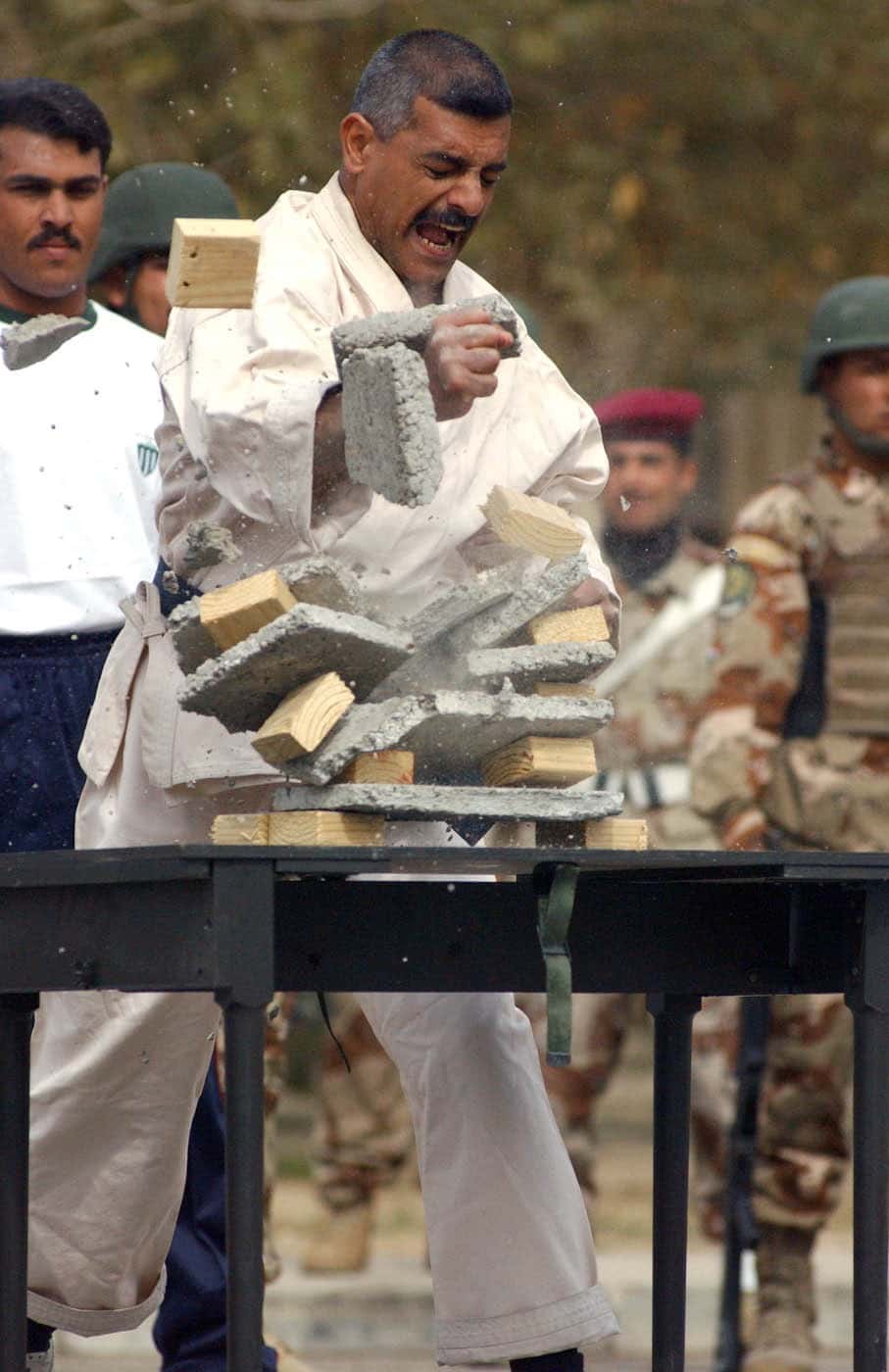
Martial arts training can help you develop stronger punches and more powerful kicks. Even with these skills, without experience you may not be adequately prepared for self-defense. Image: Pfc. Jason Dangel/U.S. Army
Its been my experience that they learn how to handle danger when it shows up.
He didnt hesitate to pick up potential weapons laying around in one scenario.
He even lawyered up during a scenario with an investigating police officer.
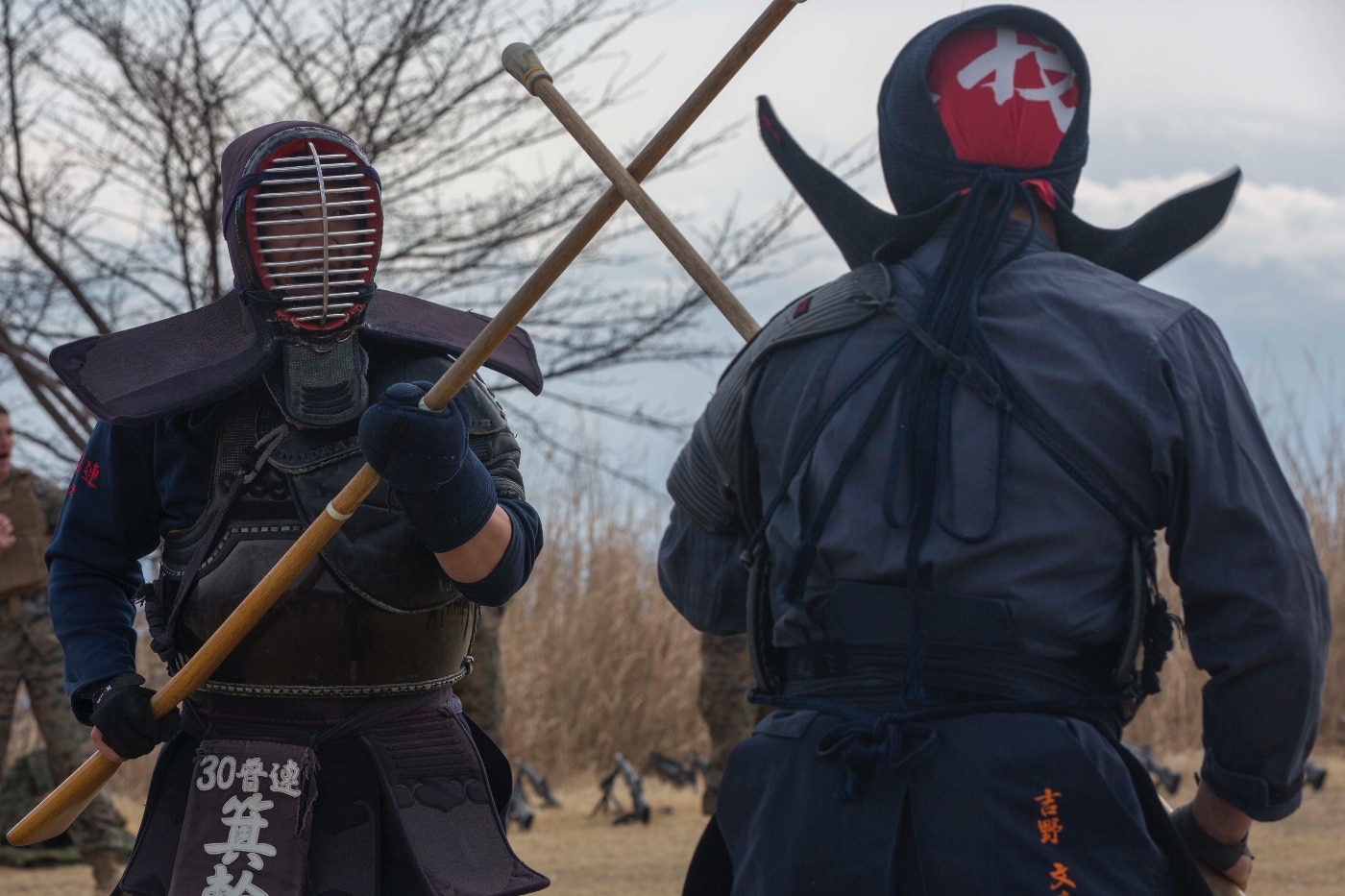
Japanese Ground Self-Defense Force soldiers display traditional martial arts training for U.S. Marines during exercise Forest Light at Somagahara, Japan. Image: Lance Cpl. Juan C. Bustos/U.S.M.C.
Hunters experience appeared to propel him ahead of the respected martial artists he was competing against.
Interestingly, I saw parallels with my sons martial arts training.
He listened to his instructors and dedicated himself to learning the techniques and katas.
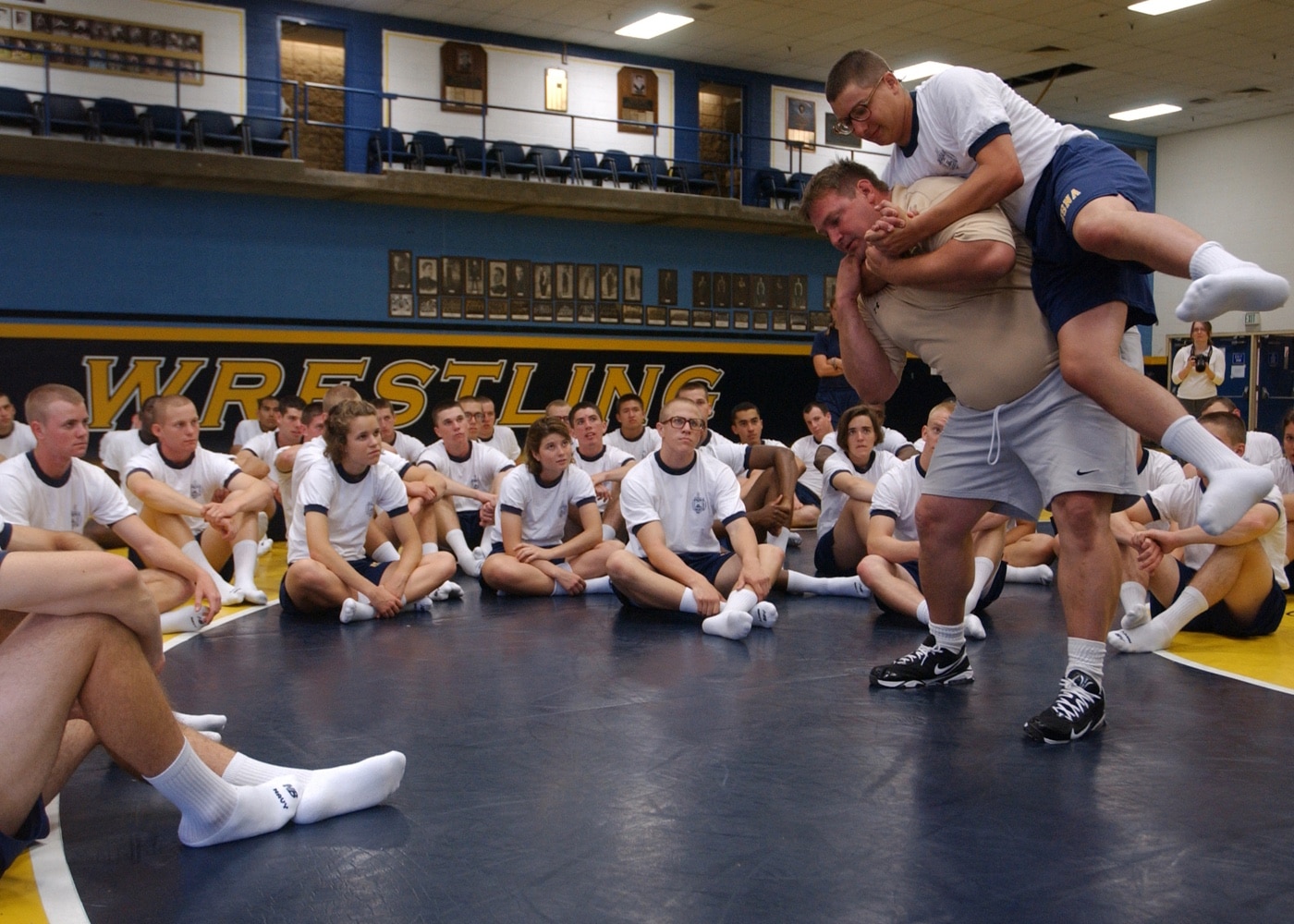
Plebes at the U.S. Naval Academy receive basic martial arts instruction. Lesson One: the enemy doesn’t always cooperate. Image: U.S. Navy
By every measure, he excelled in his age group.
When he entered his first tournament, however, things suddenly became a bit more complicated.
He was now demonstrating techniques in a new environment with judges who were complete strangers.
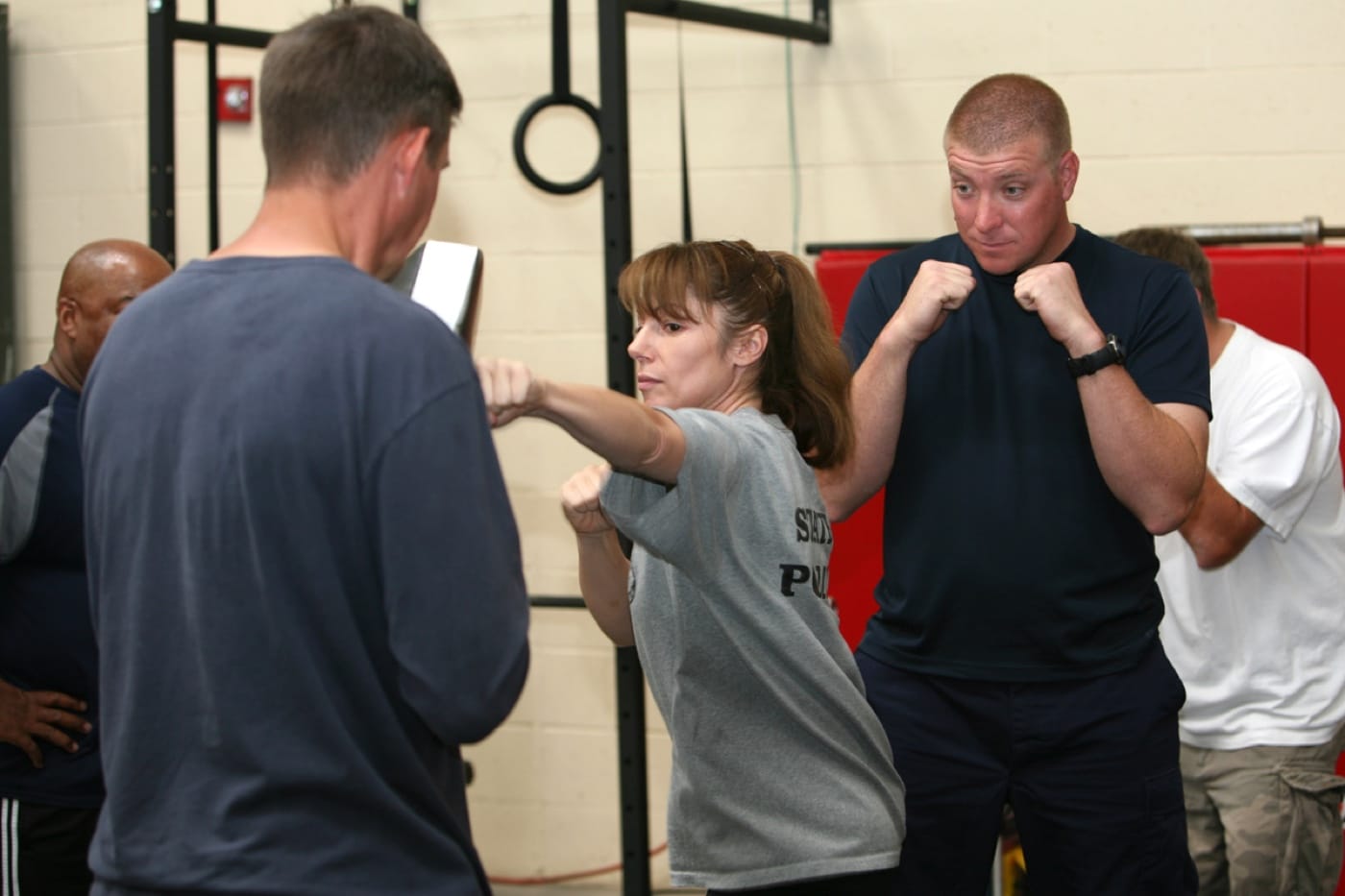
Martial arts training builds discipline and self-confidence. For many, it also provides the foundation for effective self-defense. Image: U.S.M.C.
Few of his friends were around.
Possibly the biggest obstacle to success was the enormous societal pressure to avoid fights.
But the lessons learned by a young child are an enlightenment many adults have yet to realize for themselves.
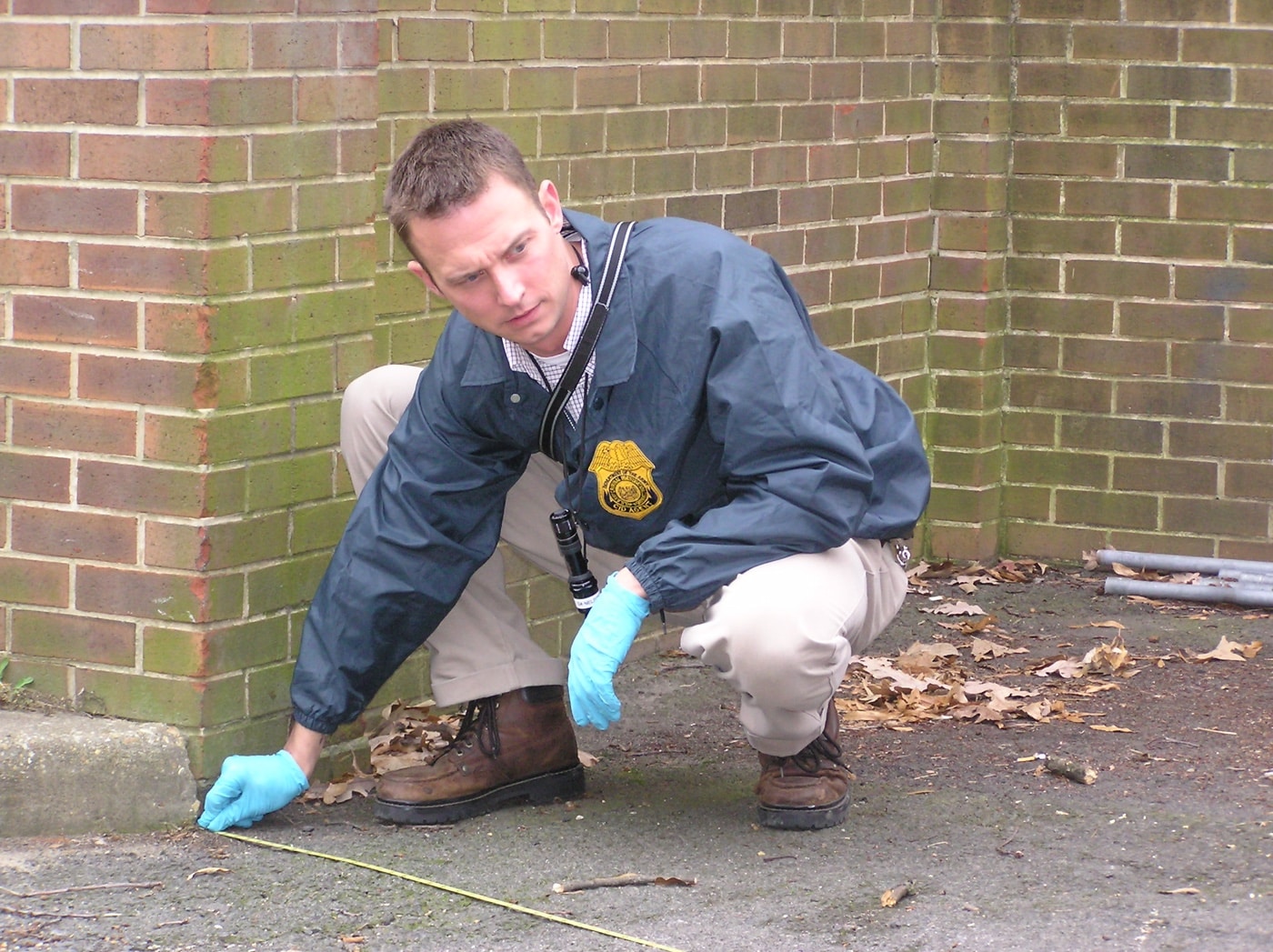
When attacked, the split-second response is critical. Training can ensure you use lawful force while experience can help you implement it rapidly without overreaction. Image: U.S. Army
Training can help prepare you for fighting, but experience is the real teacher.
A class in a dojo is training, where a competition is where experience begins.
It is this experience that helps reshape the norms that we use to impose self-control in our lives.
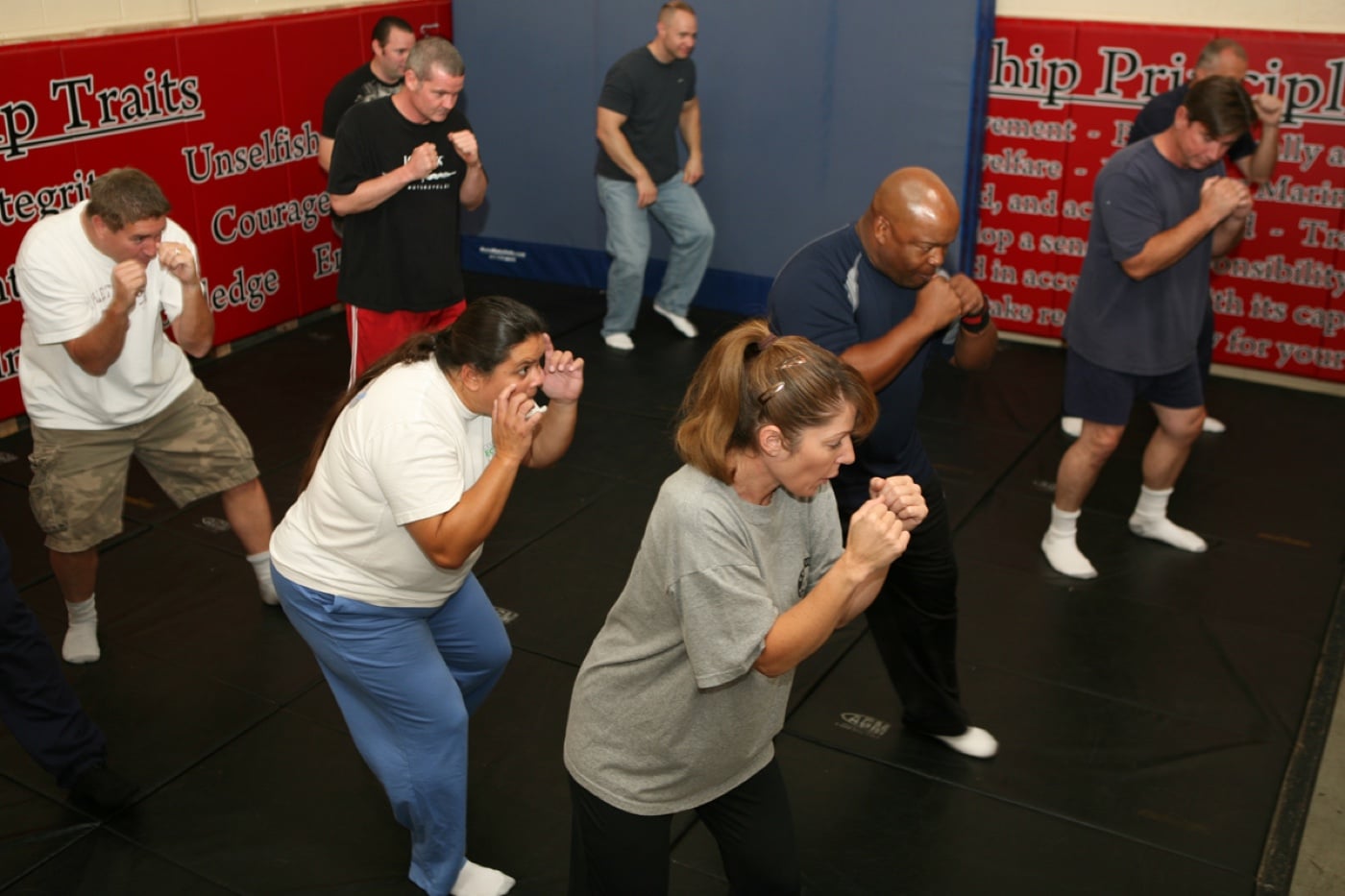
California Highway Patrol officers engage in martial arts training at Camp Pendleton. The training is part of a partnership with the 1st Marine Expeditionary Force Headquarters Group. Image: U.S.M.C.
Social Norms
Social norms are behaviors considered acceptable or normal for a group of people.
Many readers will likely identify with the social norms typical of the American culture.
In a violent encounter, the criminal often has the mental edge.
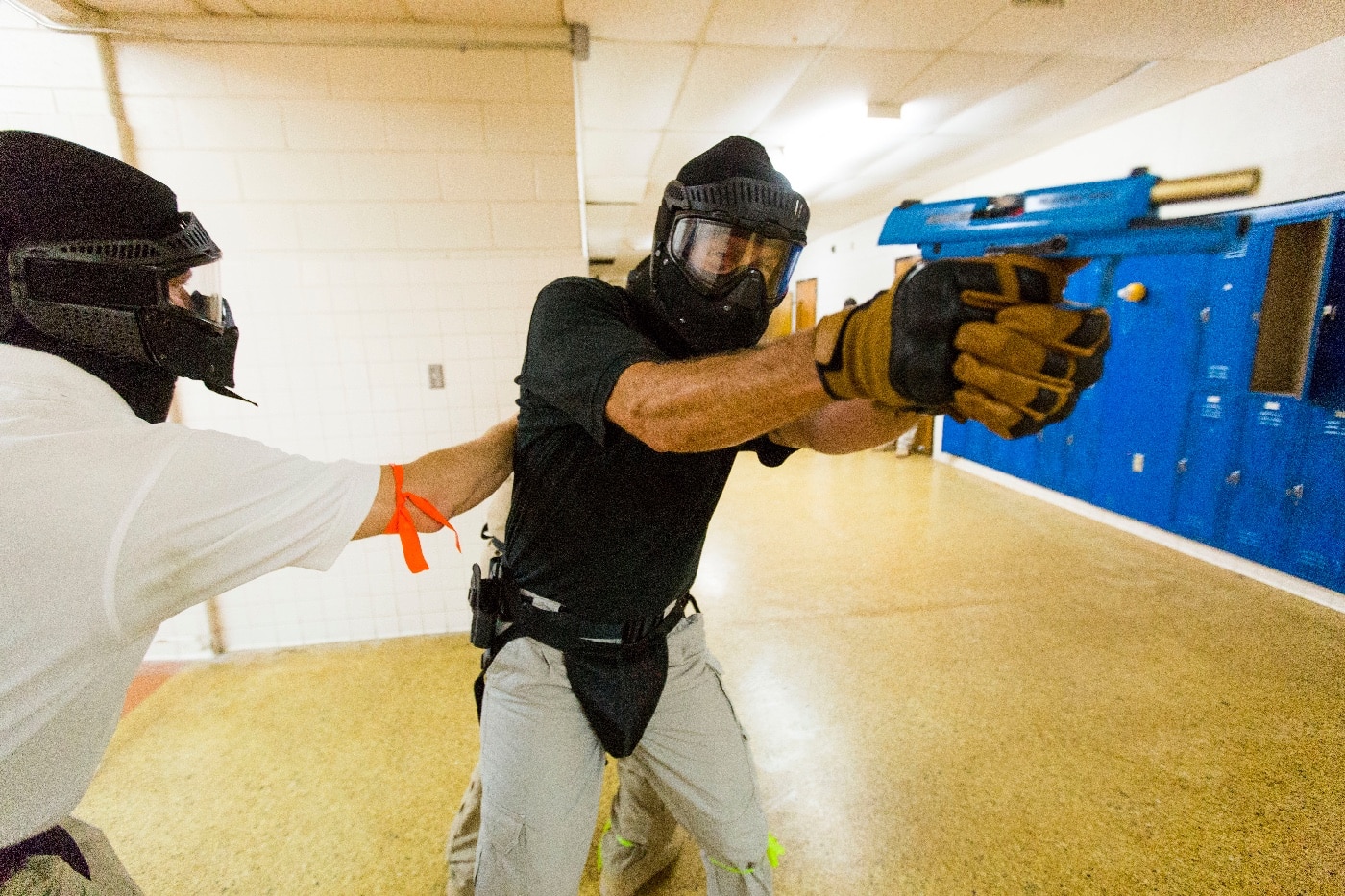
Civilian police officers participate in an active shooter training scenario at a Naval Air Training Command facility. Image: James Tourtellotte/U.S. Customs and Border Patrol
You, however, may wrestle with the social norm of violence being unacceptable.
This may cause you to hesitate when the use of force would clearly be justified and the need immediate.
My Own Experiences
I was not a rough kid.
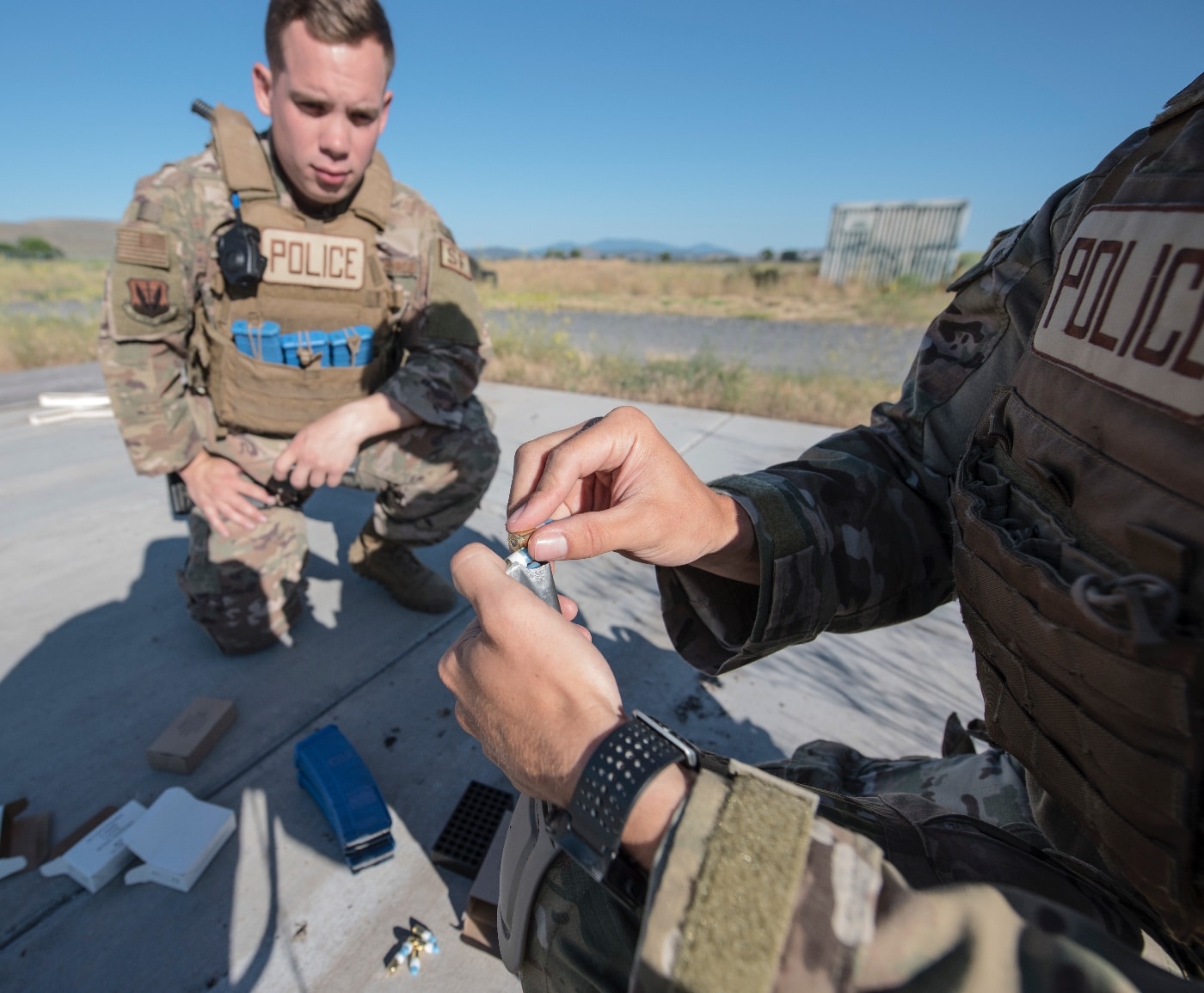
Airmen from Beale Air Force Base load Simunition rounds prior to training in a “shoot house.” Image: Master Sgt. Jefferson Thompson/U.S. Air National Guard
I didnt have much street experience when it came to self-defense.
As a young adult, I explored concealed carry and began reading what I could on the subject.
Folks like Col. Jeff Cooper, Jim Cirillo, Charles Remsburg and Massad Ayoob influenced my thinking.

An ambush on the unsuspecting is a harsh test of readiness. Training may sharpen skills, but experience brings a vital edge. Image: FBI
But it wasnt until I became a police officer that I put any of that theory into practice.
My earliest experiences included serving arrest warrants on violent criminals in some of the roughest areas of Atlanta.
My sergeants order was When I knock on the front door, hes going to run out the back.
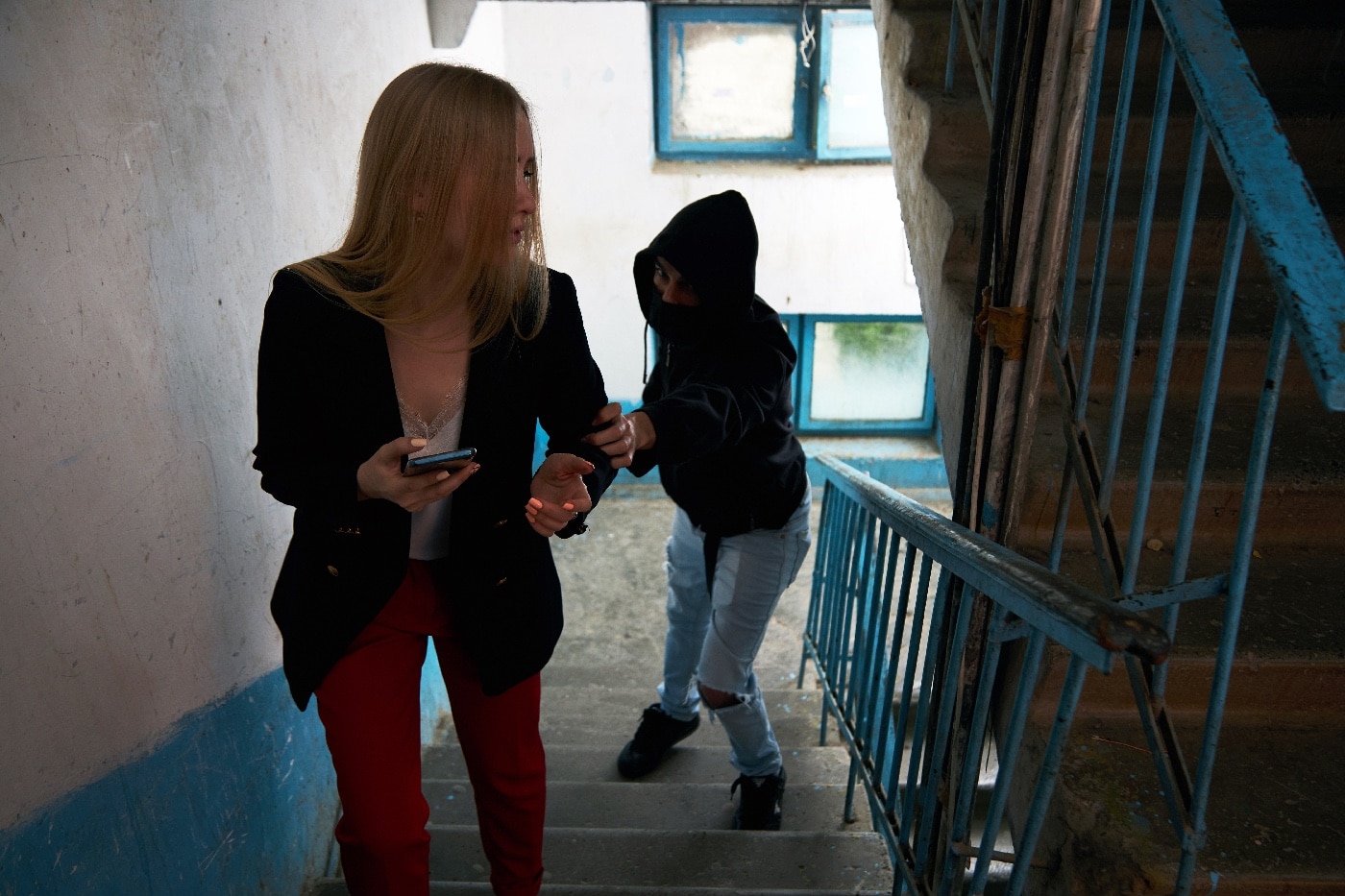
The moment of attack leaves little room for hesitation. Whether through training or experience, preparedness can tip the scales in one’s favor. Your best chances are found in combining experience with training.
Get up that fire escape and grab him when he comes out.
Fortunately, the fugitive wasnt home.
In some parts of society, violence is a way of climbing the social ladder.
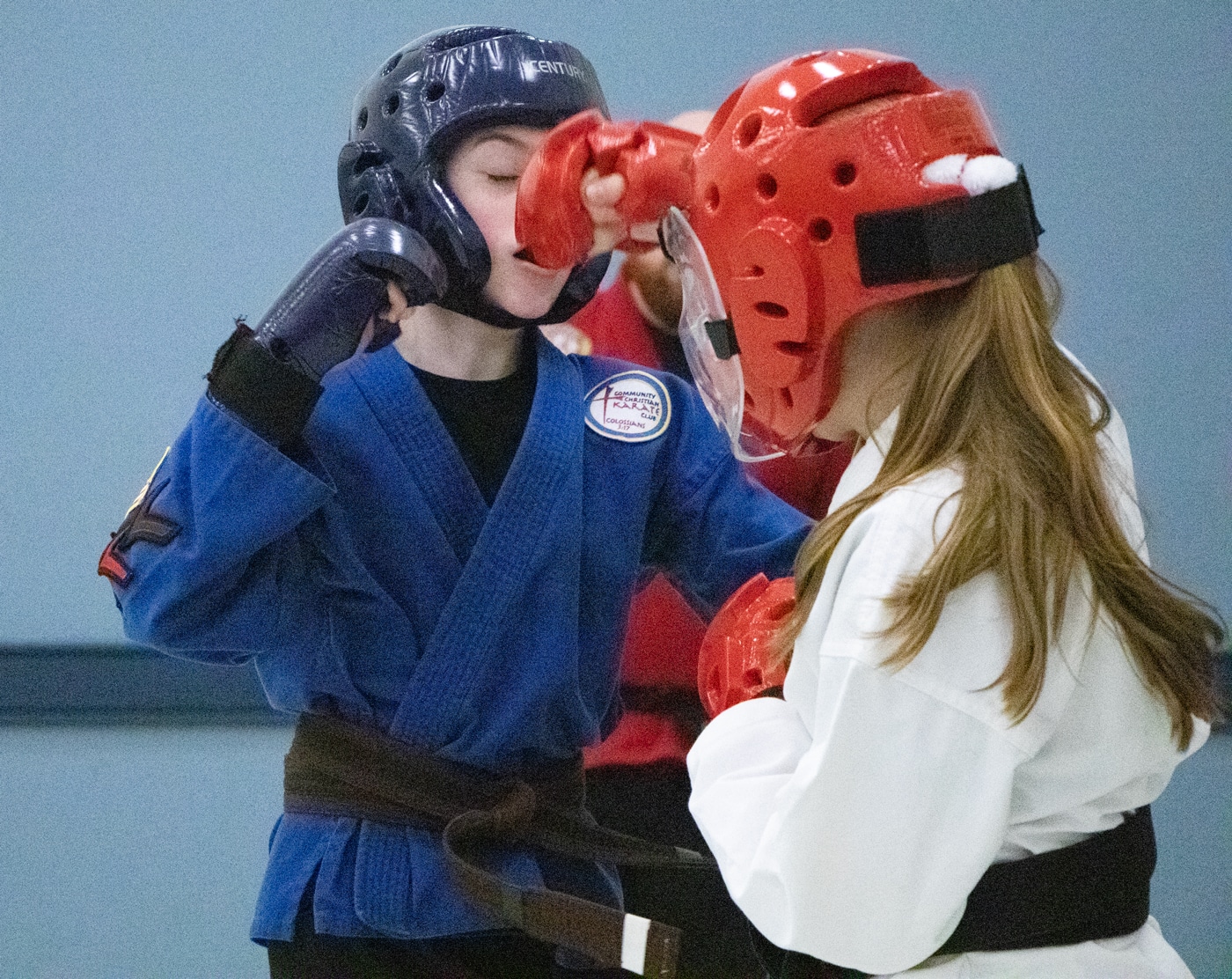
Training helps us to develop a plan for self-defense and to efficiently act. Experience will shape our reactions after being hit in the face — proverbially or physically.
The first was a traffic stop on a lazy Sunday morning at about 7:30 am.
Fortunately, the academy curriculum was beyond the states minimum standards.
The instructors employed a lot of scenario training.
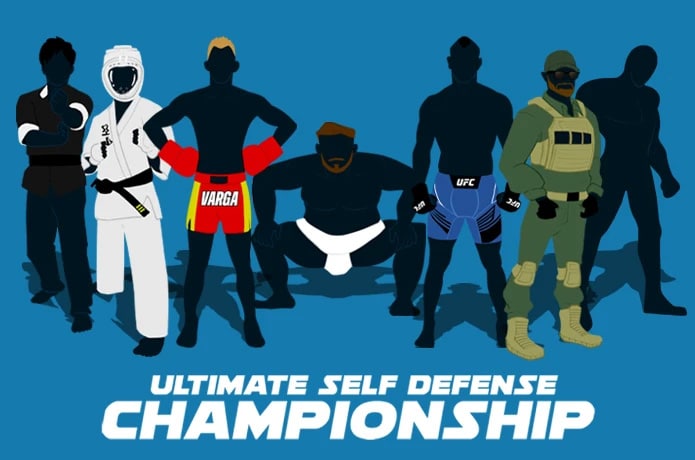
Scenario training is interactive and based on real-world calls for service to which officers will likely respond.
It allows officers to obtain experience in a controlled environment where mistakes are unlikely to hurt anyone.
you’re free to die here and loop back and try.
How Does It Impact You?
For someone who rarely, if ever, sees violence, this kind of training is invaluable.
Scenario training gives students an opportunity to apply knowledge and skills they have learned in training.
It also allows them to violate the social norms they may have about violence being bad.
Mistakes will be made, and good trainers will allow the students to learn from them without belittling behavior.
This isnt boot camp.
This is training moms and dads how to protect their families if bad things happen.
There are several important aspects of this kind of training.
First, it must be realistic.
Training in unrealistic ways will likely frustrate students, and at best, only prepares them for unrealistic situations.
Good instructors will provide common scenarios with a variety of possible solutions and outcomes.
Secondly, training should be based in the law.
Dont train to what you think the law should be; train to what the law is.
Lastly, training must be conducted by experienced professionals with an emphasis on safety.
Scenario-based training is more fluid than static-range training.
It may involve force-on-force aspects with training markers like Simunition.
Final Thoughts
Everybody has a plan until they get punched in the face.
Then, like a rat, they stop in fear and freeze.
Mike Tyson
I believe there is a great deal of truth in his statement.
Training in skills gives you the confidence of a plan.
Without experience, you may very well freeze when you should be fighting.
So, is the bottom line that experience is always preferable to training?
In my experience, those with either training or experience only have part of the solution.
I believe that good trainingcombined withexperience is the most likely recipe for success.
In the previously mentionedUltimate Self-Defense Championship, the winner had ample training and experience.
The runner-up, regular guy Craig Hunter, had some training plus experience.
Should you ever need to defend yourself, you will be much better prepared to respond appropriately.
Go to forum thread




